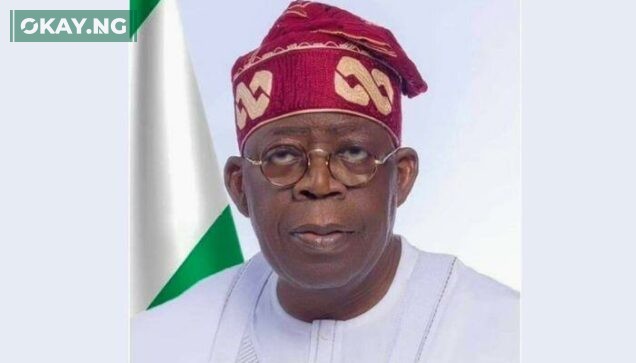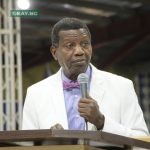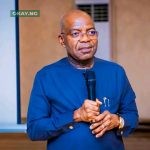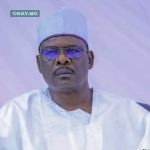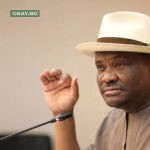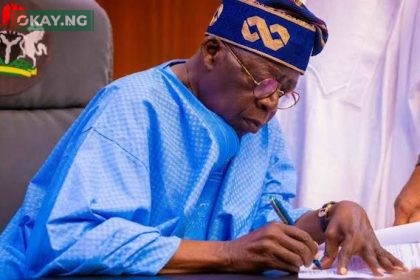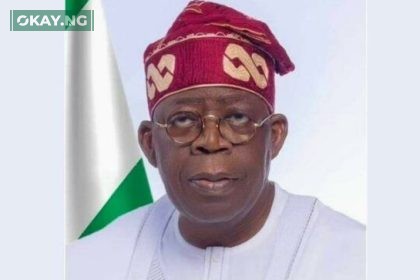Rt. Rev. Godwin Robinson, the Anglican Bishop of Lafia Diocese, has urged President Bola Tinubu to focus on tackling the fundamental causes of insecurity and economic challenges plaguing Nigeria, okay.ng reports.
Speaking on Saturday during the Bishop’s Charge at the 2nd session of the 9th Synod of the Diocese in Lafia, Bishop Robinson emphasized that only by addressing these root issues can lasting solutions be achieved.
The synod, themed “Keep the Flame Alive on the Altar,” provided a platform for the bishop to call for structural reforms that confront injustice, insecurity, and underdevelopment directly. “Structural reforms must address the root causes of injustice, insecurity and underdevelopment,” he stated.
He praised President Tinubu’s Renewed Hope Agenda as a positive framework for his administration but stressed the need for deliberate actions to ensure its benefits reach the most vulnerable Nigerians. “We call on the government to ensure that renewed hope becomes real hope for the poor, the displaced, the jobless and the marginalised,” Robinson said.
Drawing from Leviticus 6:13, the bishop urged Nigerians to maintain a spirit of service to God and humanity, passing this commitment to future generations by “keeping the fire burning in His altar.” He highlighted the spiritual responsibility of priests in preserving this divine flame, describing it as a “divine-human partnership in sustaining worship.”
Bishop Robinson encouraged clerics and synod delegates to emulate the Levites who faithfully maintained the altar fire by clearing ashes, providing fresh wood, and offering daily sacrifices. He warned against neglecting this sacred duty, saying, “One of the greatest failures in ministry and life is neglecting this sacred duty of trans-generational faithfulness.”
He also called on Christians to build and maintain personal altars where God can meet them in quietness and readiness, emphasizing that “The fire of God’s Altar must not be allowed to die, not in our churches, not in our homes, not in our hearts, and not in our land.”
The synod was attended by clerics and delegates from across the Diocese, underscoring the church’s commitment to spiritual renewal and national development.


